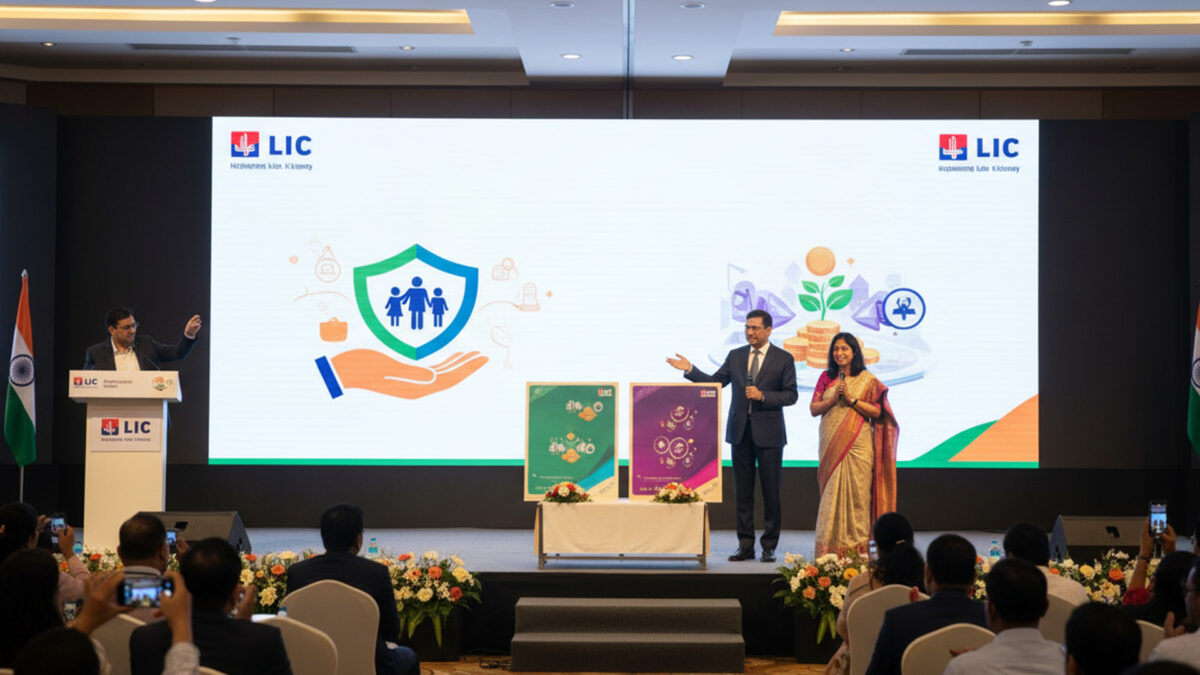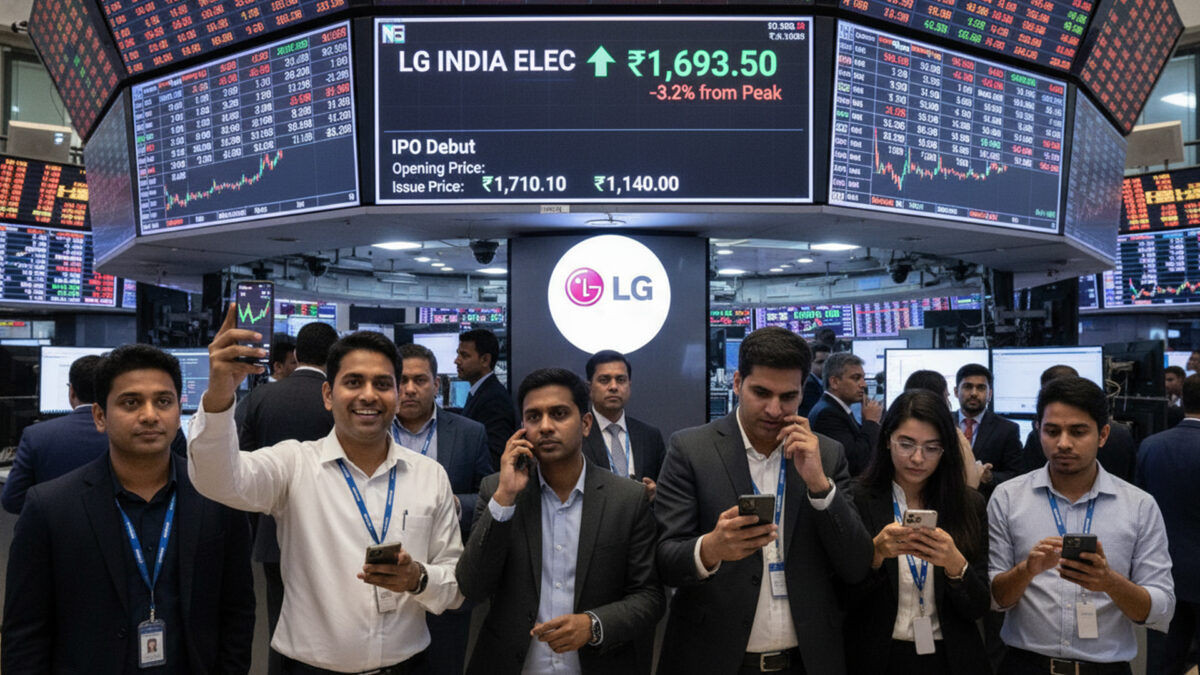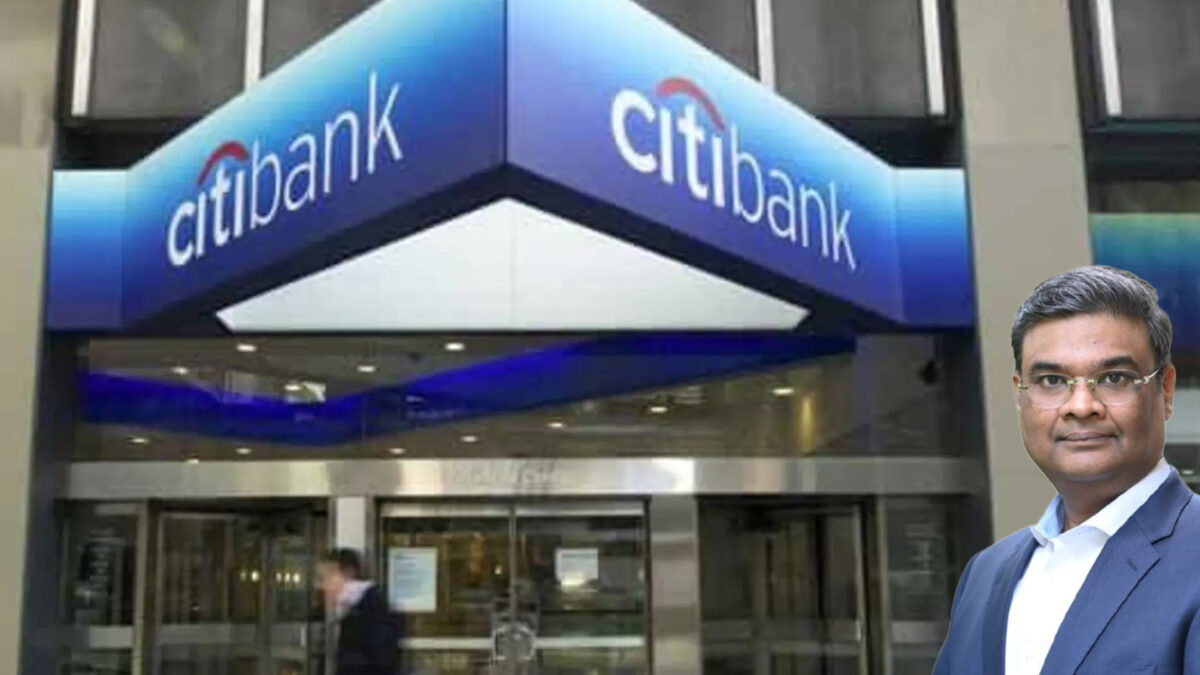Indian equity markets opened the holiday-truncated trading week on a robust note on Monday, October 20, 2025, with the Sensex climbing over 700 points and the Nifty surpassing the 25,900 mark.
This surge was propelled by strong quarterly earnings from major companies like Reliance Industries and HDFC Bank, along with positive global cues.
The 30-share BSE Sensex surged 704.37 points, or 0.83%, to an intraday high of 84,656.56, while the 50-share NSE Nifty advanced 216.35 points, or 0.84%, to 25,926.20.
Both indices reached new 52-week highs, reflecting investor optimism.
As of 11:40 pm, Sensex was at 84,409.22, up 457 points while Nifty stood at 25, 843.90, up 143 points.
Reliance Industries led the rally, with its shares rising over 3% after reporting a 14.3% year-on-year increase in consolidated net profit to ₹22,092 crore for the September quarter.
The company’s gross revenue also saw a 10% rise, driven by strong performances in its Jio and retail segments.
HDFC Bank also contributed to the market’s upward movement, gaining 1.54% after posting a 10% rise in consolidated net profit to ₹19,610.67 crore for the same period.
The bank’s performance was bolstered by higher other income and steady core operations.
Positive global trends further supported the rally. Asian markets, including South Korea’s Kospi, Japan’s Nikkei 225, Shanghai’s SSE Composite, and Hong Kong’s Hang Seng index, were all trading higher amid easing US-China trade tensions.
Additionally, US stocks had closed on a positive note on Friday, providing further support to investor sentiment.
Foreign Institutional Investors (FIIs) were net buyers on Friday, purchasing equities worth ₹308.98 crore, while Domestic Institutional Investors (DIIs) also remained net buyers, investing ₹1,526.61 crore. This influx of funds added to the positive momentum in the market.
Crude oil prices declined, with Brent crude falling 0.36% to $61.07 per barrel.
Lower crude prices typically ease inflationary pressures and improve India’s trade balance, supporting market confidence.
The Indian rupee appreciated 14 paise to a month’s high of 87.88 against the US dollar in early trade, aided by foreign fund inflows, softer crude prices, and firm domestic equities.
Technical analysts observed that the Nifty’s firm close on Friday set the stage for further gains on Monday.
Eyes were on the 25,875–25,900 levels, with a fair possibility for an extension if the Nifty managed to sustain above 26,018. Failure to hold those levels could trigger volatility, with immediate support seen around 25,630.
As the trading session progressed, the market maintained its upward trajectory, reflecting investor confidence and positive economic indicators.
Also Read: Embraer Opens India Office, Partners with Mahindra on C-390 Aircraft









